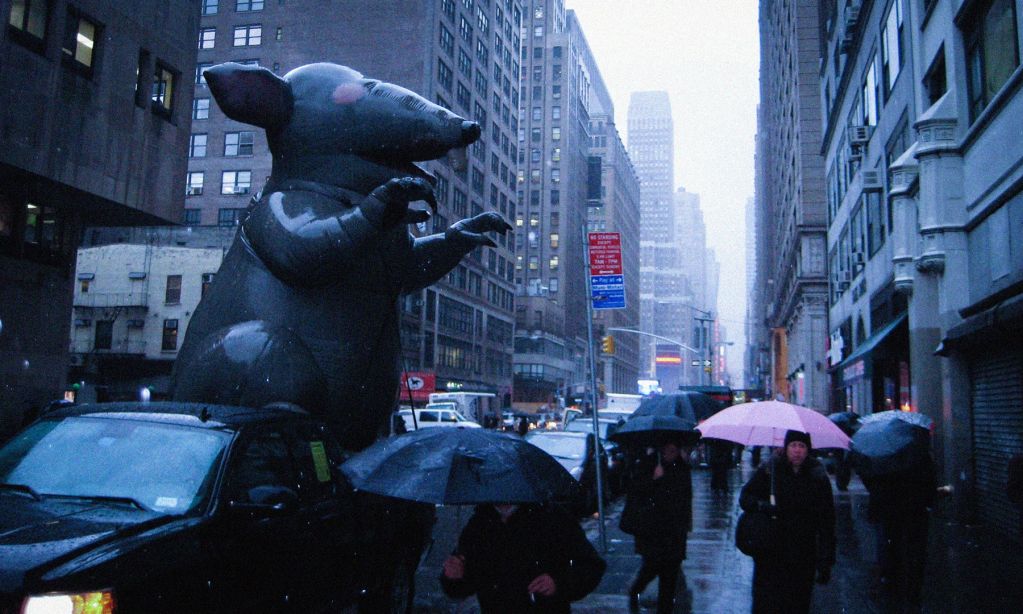“I’ve been in the labour movement since 1987,” Bea Bruske says. “We’ve been talking about it since that time. We’ve been fighting for it for decades.”
Bruske, the president of the Canadian Labour Congress, the largest federation of unions in Canada, is feeling celebratory. The house of labour, as the CLC is known, seems to have just registered a major legislative win.
Earlier in November, Federal Labour Minister Seamus O’Regan introduced Bill C-58, An Act to Amend the Canada Labour Code and the Canada Industrial Relations Board Regulations. The law would ban employers in federally regulated industries from hiring scab workers—or “replacement workers,” as employers prefer to call them—during strikes or lockouts.
Anti-scab legislation bans companies from hiring temporary employees to replace workers who are engaged in a labour dispute. The federal Liberals, as part of their election platform, had promised to ban the use of scabs—but only during lockouts, not strikes. Bill C-58 is stronger than that, and bans scabs during both. It was part of the Liberal-NDP supply and confidence agreement.
Being that it is federal legislation, it only applies to federally regulated industries, such as telecommunications, transportation, banking, radio and television, and a few others. There are over a million workers in federally regulated industries in Canada, and about a third of those workers are unionized.
“It’s critically important that we get it passed,” Bruske says. “It’s a clear missing piece in federal labour law. This is not an issue we should have to deal with in Canada.”
For Charles Smith, an editor at the academic journal Labour / Le Travail, banning the use of scabs is about bringing in some semblance of fairness to the negotiating process between workers and employers.
“Our labour relations system is constructed around the idea that when bargaining reaches an impasse, it can lead to job action,” Smith says. “That’s sometimes viewed as a problem, but it’s an essential part of the process.”
Strikes and lockouts, Smith says, are “a war of attrition between workers and employers. Workers go without wages for whatever amount of time, and employers go without profits. Whoever holds out the longest wins.” In that contest, the conflict around distribution of resources plays out inside companies, and allows workers to fight for a bigger share of the pie.
The problem, Smith says, is that the reality doesn’t line up with the theory. “Employers can basically continue operations as they see fit by hiring scabs,” he says. “Capital has all kinds of powers that unions can only dream of.”
Scabs aren’t the only tool that tilts the scales in favour of employers, Smith says, but it is an extremely important one. It can make strikes longer and dramatically increases the chance of violence on picket lines.
“When we look quantitatively, when anti-scab laws are on the books, there is less violence on picket lines,” Smith says. “That’s a fact. We should be asking governments that don’t support anti-scab legislation why they support employer-initiated violence on picket lines.”
In its draft form, Smith says that Bill C-58 is a “really good bill.” Bruske agrees, saying it is “very fulsome.” Both point out that it does have some shortcomings, which can be fixed as the bill makes its way through parliament, but both are impressed with the initial draft.
“We’d like to see this extended to the federal public service as well,” Bruske says.
Bruske says that the CLC has some concerns about the bill’s maintenance of service provisions. A maintenance of service agreement is meant to ensure that a baseline of continued services continue during a strike or lockout—think: making sure that hospitals continue to be able to see patients, for example, even with a capacity reduction.
“This bill calls for a maintenance of activities agreement before a strike or lockout can start, and if there’s no agreement, then the industrial relations board would determine what it looks like,” Bruske says. “We have concerns about how long that would take—if it doesn’t happen within 90 days, there doesn’t appear to be consequences for it. Bargaining can sometimes take many years.”
But, Bruske says, even with those criticisms in mind, “in the big picture, the current form existing is already a win.”
Smith compares Bill C-58 to Ontario’s short-lived anti-scab bill from the early 1990s, which the Ontario NDP, under Bob Rae, passed before Mike Harris’ Progressive Conservatives removed it. That law—Bill 40—had “all kinds of loopholes,” Smith says. “None of that exists here. It’s a much stronger bill.”
It follows a similar model as anti-scab laws on the books in Quebec and British Columbia, which passed anti-scab laws in 1977 and 1993, respectively. In both provinces, anti-scab legislation was strong and effective—and popular enough that it survived the transfer of power to more conservative parties after an election.
For Smith, that remains the weakest point of Bill C-58—it has an 18-month delay for implementation.
“The 18-month delay is a bit of a cop out,” Smith says. “If they wait 18 months, and Poilievre and the Conservatives are elected, it wouldn’t surprise me if Bill 1 or Bill 2 was some absurd law called “bringing democracy back to the workplace” or something, and stripped this law back.”







